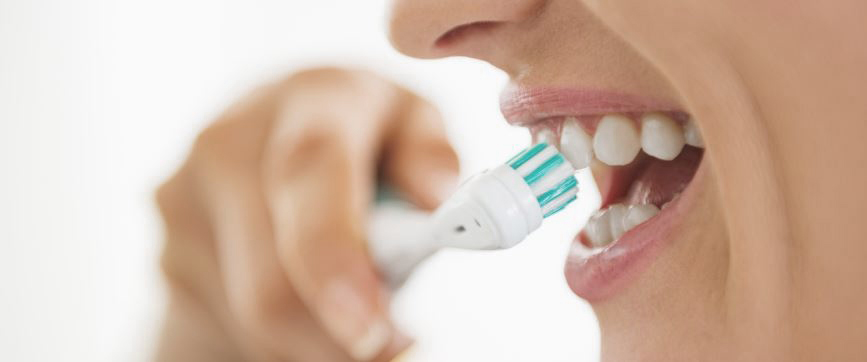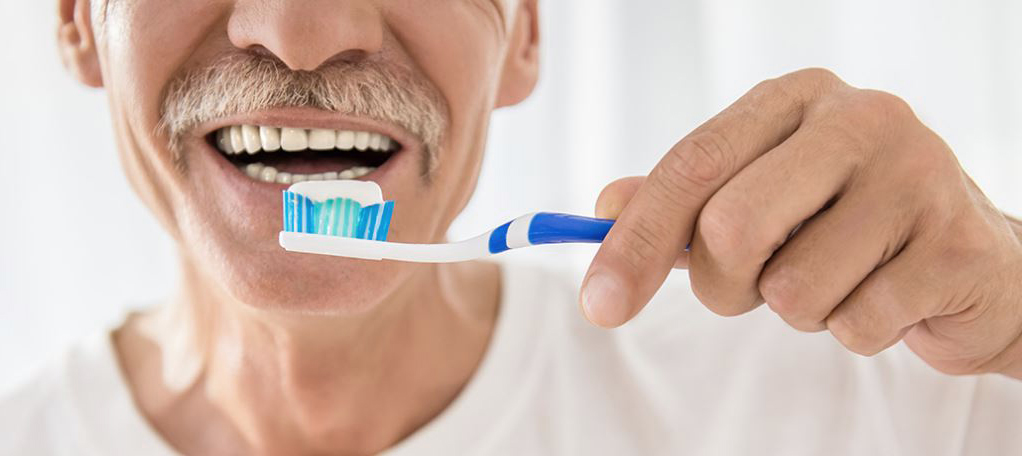Last month we talked about the importance of looking after infant teeth and ingraining good oral hygiene habits from an early age. This month we take a look at the opposite end of the spectrum, examining the no less important issues surrounding elderly oral health.
While, historically, the loss of teeth has often been considered an inevitable part of aging, advances in dentistry – and the rise of better oral hygiene habits in general – mean that tooth loss, dentures, and declining mouth health are not the foregone conclusion they once were.
But that’s the good news. The fact is, older people do indeed suffer from higher rates of gum disease, dental decay and tooth loss, as a lifetime of use wears down even the toughest of bites.
So what are the issues around aging and oral health? And what are the appropriate actions to manage them?
Dryness
Hundreds – if not thousands – of medications list ‘dry mouth’ as a side effect. While at may not seem like a big deal, an overly dry mouth can cause serious oral health problems. Not only does it lead to bad breath (not to mention being uncomfortable) but dryness can also cause difficulties eating and swallowing, increase the rate of tooth decay, and can lead to irritation and infection of mouth tissue.
Treatments:
- Chew sugarless gum
- Drink more water
- Limit coffee and alcohol and eliminate smoking
- General brushing and flossing
Gingivitis and periodontitis
Gingivitis is the name dentists give to the mild inflammation of gum tissue caused by poor oral hygiene and the formation of plaque on teeth.
While gingivitis can be both uncomfortable and unpleasant, gum disease (AKA periodontal disease or periodontitis) is a more serious infection that affects the bone which surrounds and supports teeth. As the body’s immune system works to remove toxins caused by the presence of bacteria in the mouth, it can damage the gum tissue in the process. Periodontitis is a serious condition that can cause lasting damage to gums and can even destroy the jawbone. Key symptoms include loose teeth, sore and receding gums, bad breath, as well as pus in the gums and the opening of gaps between teeth, as damaged gum tissue pulls away from the teeth.
Periodontitis is treatable at any age but requires professional dental intervention, often a combination of scaling to remove the hardened plaque and infected gum tissue, antibiotics, and – in advanced cases – surgery.
Treatments:
- Scaling and root planing
- Antibiotics
- Surgery (in extreme cases)

Oral cancer
Oral cancers can develop on, under, and at the base of the tongue; in the gums and in the tissue lining the mouth; and in the throat at the back of the mouth. As with most forms of cancer, the risk of oral cancer increases with age.
Oral cancer can be related to alcohol consumption and human papillomavirus (HPV), and is strongly linked with smoking.
Symptoms can include sores, irritation, or lumps on the mouth, lips or throat; white or red patches in the mouth; difficulty chewing, swallowing, or speaking; numbness and sometimes even ear pain. If you have any of these symptoms, you should consult your GP immediately.
Treatments:
- Radiation therapy
- Surgery
Making time for maintenance
At Simply Dental we recommend taking a proactive approach to oral health, brushing daily with good technique (especially with an electric toothbrush if regular toothbrushing is becoming difficult or ineffective), gentle daily flossing, and regular dental checkups from a professional.

Left untreated, mild oral conditions can develop into major health issues over time. Regular dentist visits, therefore, are the appropriate first course of treatment in many cases.
“Our main objective is to support you to be healthy which is why we focus on dental health services rather than dental disease fixing services,” says Simon Templeman, dentist and clinical practice leader at Simply Dental.
“Our approach is to focus on the whole person for effective self-care,” says Simon, “working with the patient to develop a highly personalized preventive care schedule.”
“Our clinical team will work with you to ensure that your care plan is focussed on getting you to a happy, healthy, and functional place and keep you there with effective prevention and maintenance care and a self-care plan.”
At Simply Dental we are happy to provide a WINZ quote and have other payment options if needed.
Ready to get started? Click here to book an appointment online.

